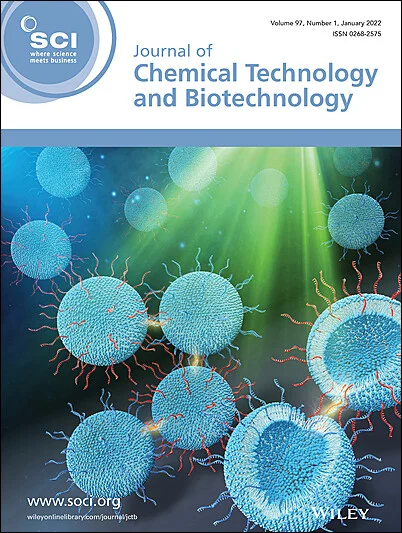Preparation of dimethyl 1,4-cyclohexanedicarboxylate by Ru/HZSM-5-catalyzed hydrogenation of dimethyl terephthalate
Abstract
BACKGROUND
Dimethyl 1,4-cyclohexanedicarboxylate (DMCD) has emerged as a critical feedstock in contemporary chemistry, attributed to its distinctive molecular composition and good environmental compatibility. This study explored the targeted hydrogenation of dimethyl terephthalate (DMT) to produce DMCD, with a focus on screening and optimizing various Ru-based catalysts. Of the catalysts evaluated, those supported on HZSM-5 and enriched with weak acid sites demonstrated superior catalytic performance. Additionally, the impact of various reaction conditions on DMT conversion and DMCD selectivity was thoroughly examined.
RESULTS
The Ru/HZSM-5 catalysts, synthesized via the impregnation technique, exhibited remarkable catalytic efficiency in the reduction of DMT. Ru on the HZSM-5 support primarily exists in the forms of Ru0 and Ru4+, with the Ru0 content identified as the critical factor governing the catalytic performance. Under the experimental parameters of 160 °C, 2.5 MPa H2, and 2 h reaction time, the 3 wt.% Ru/HZSM-5 catalyst could achieve 100% DMT conversion and 99.5% DMCD selectivity. Furthermore, the catalyst maintained high activity after three cycles of use.
CONCLUSION
The Ru/HZSM-5 catalyst displays outstanding stability during the hydrogenation of DMT to DMCD. The exceptional performance is ascribed to the moderate Ru loading, the even distribution of Ru nanoparticles, and the synergistic effects between the high hydrogenation activity of Ru0 and the weak acidic sites of HZSM-5. This research offers a novel approach to designing effective and stable hydrogenation catalysts and establishes a crucial foundation for the sustainable synthesis of DMCD. © 2025 Society of Chemical Industry (SCI).



 求助内容:
求助内容: 应助结果提醒方式:
应助结果提醒方式:


